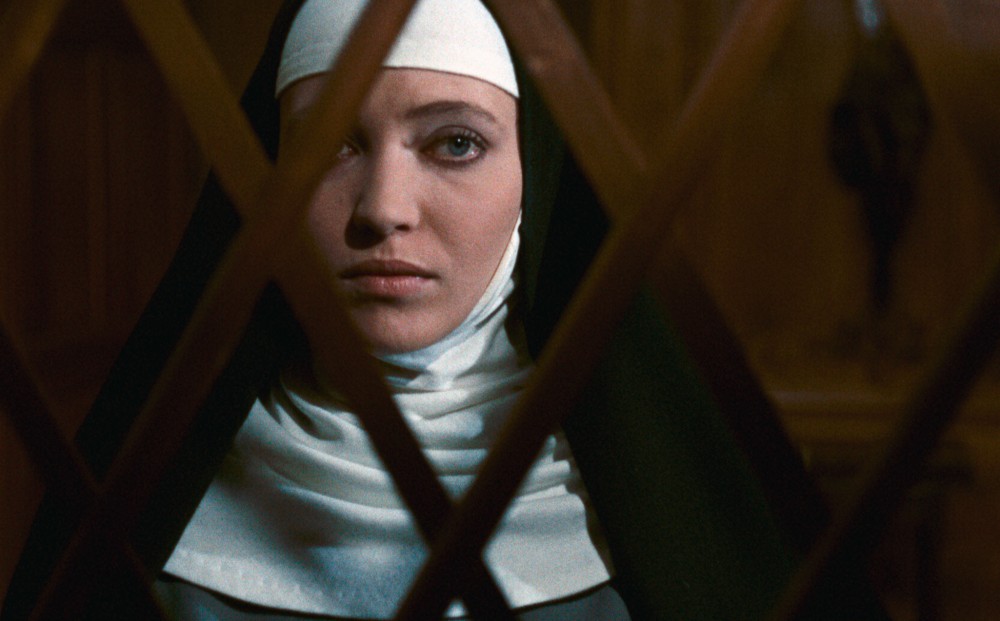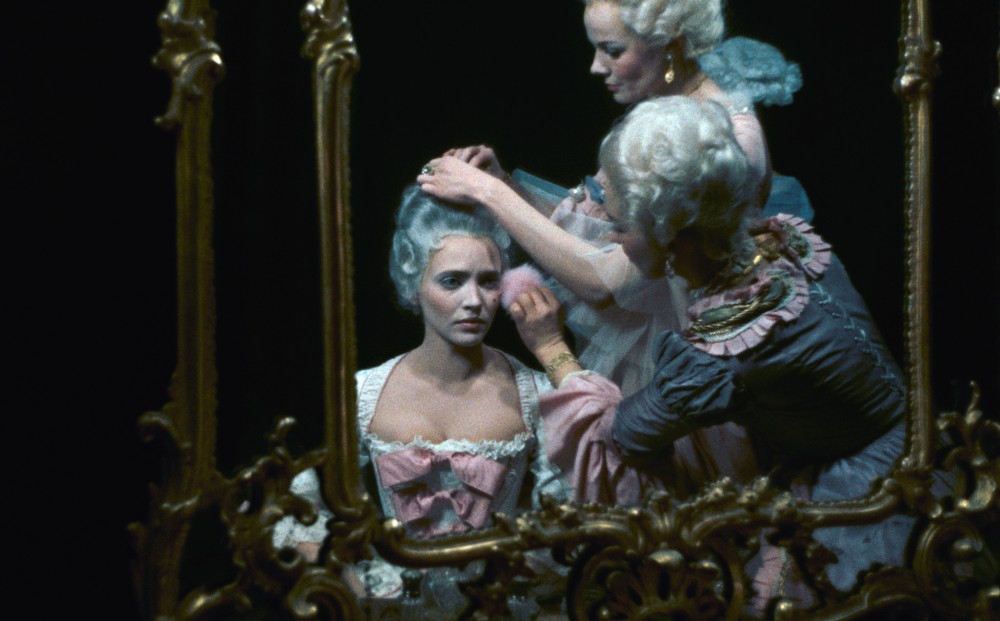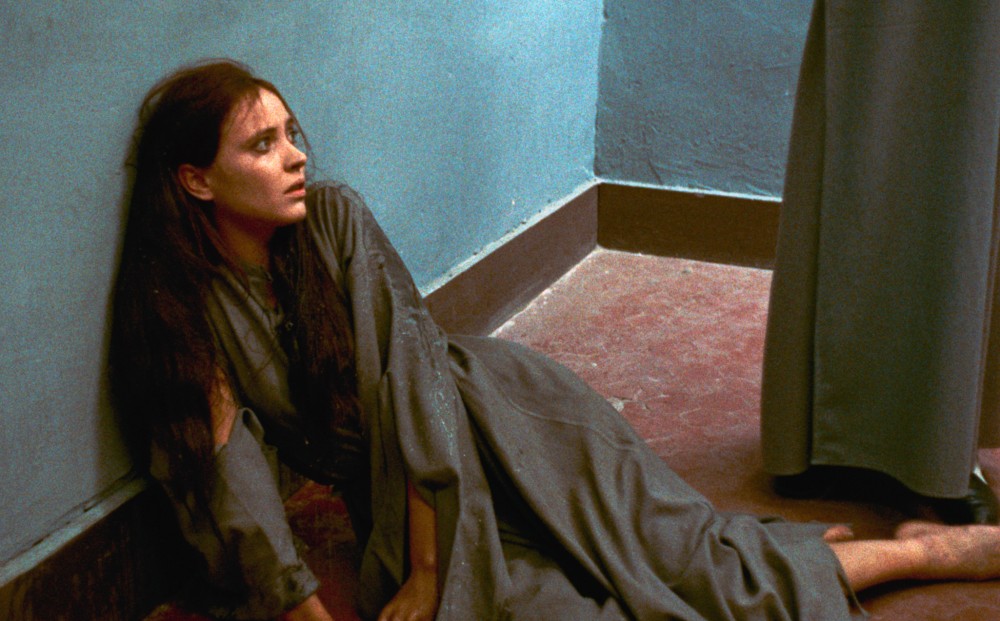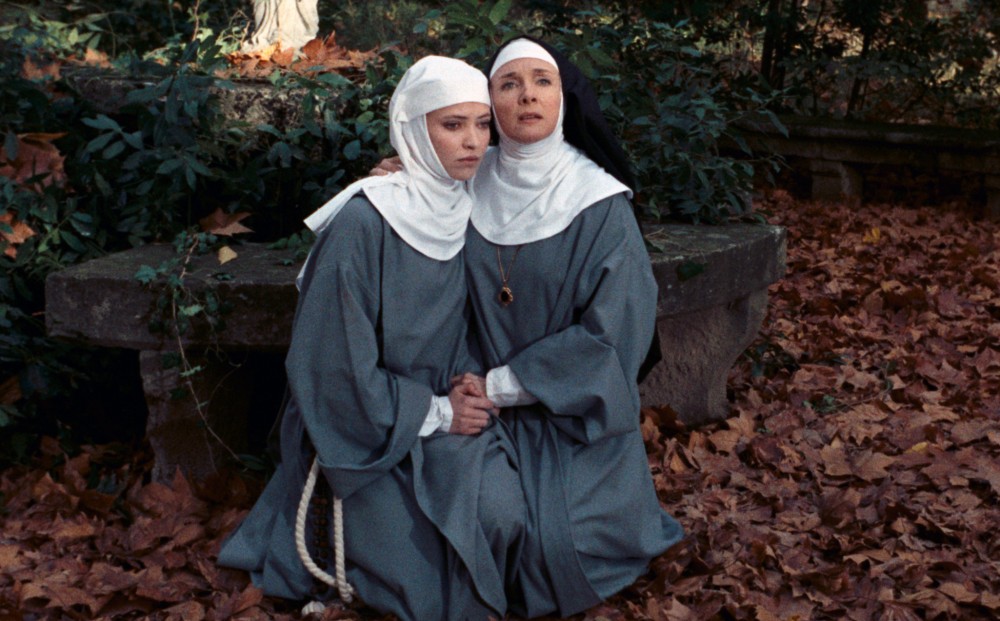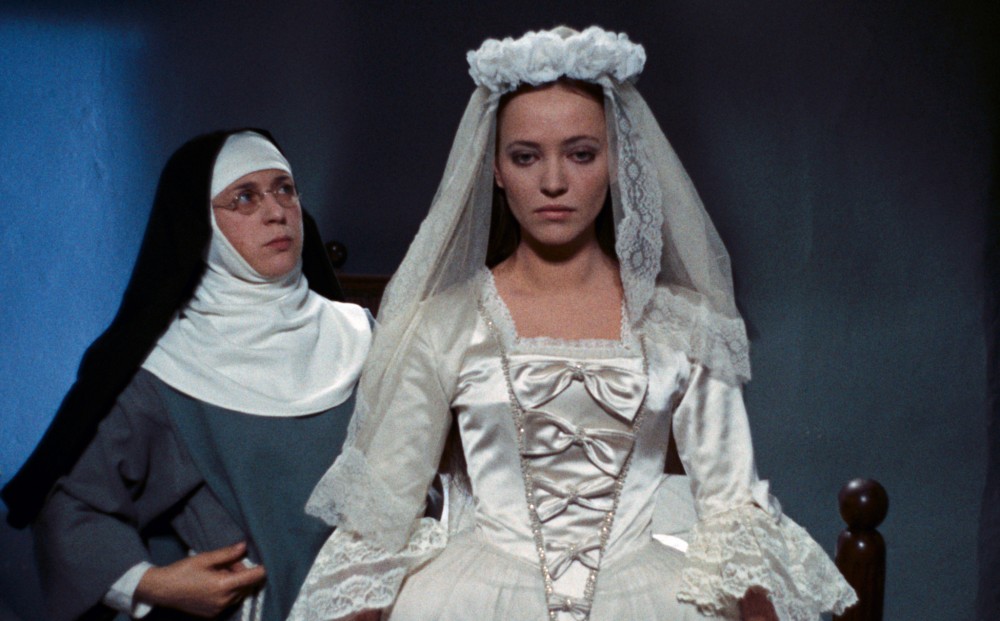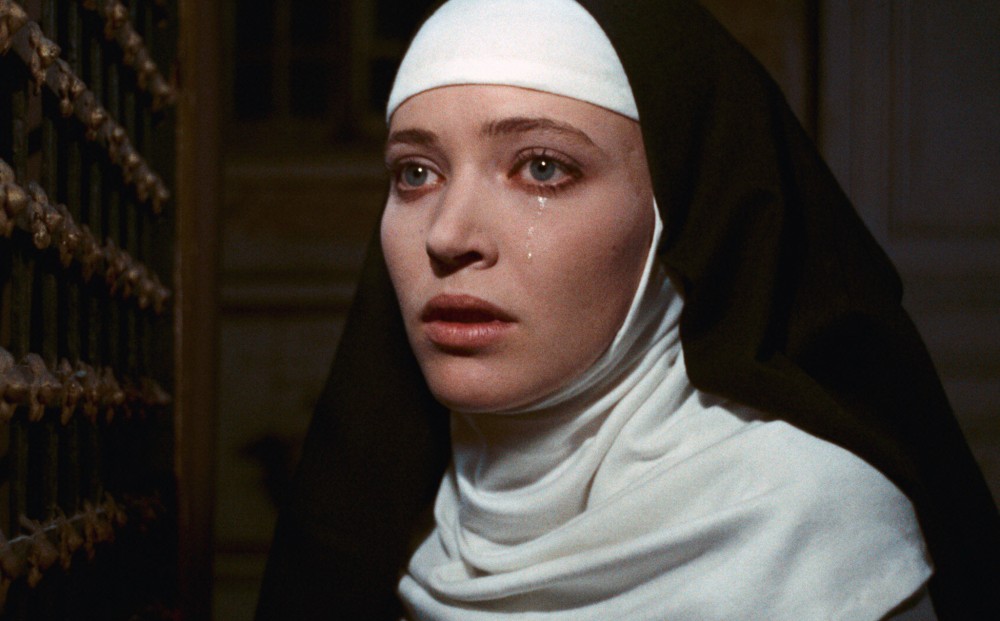LA RELIGIEUSE (THE NUN)
1:00 3:30 7:00 9:30
Through Thursday, January 17
DIRECTED BY JACQUES RIVETTE
STARRING ANNA KARINA
NEW 4K RESTORATION
(1966, Jacques Rivette) Paris, 1750s. Forced to take vows, rebellious nun Anna Karina is shunned, tortured, and then exorcised by her austere community; and at last finds relief in a fun-loving, sorority-like convent, where she becomes the latest plaything of Mother Superior Liselotte Pulver (Cagney’s secretary in Wilder’s One, Two, Three). A tour de force for New Wave icon Karina, straight from Rivette’s stage adaptation (produced by Anna’s then-husband Jean-Luc Godard), itself adapted from Denis Diderot’s pre-Revolution novel. Rewritten three times before it was passed by the French censors – only to be banned for over a year by the Minister of Information. 4K DCP restoration. Approx. 135 min.
Restored in 4K from the original film negative by L’Immagine Ritrovata, under the supervision of Studiocanal and Mrs. Véronique Manniez-Rivette, with the support of the Centre National du Cinématographie (CNC), La Cinématheque Française, and the Franco-American Cultural Fund-DGA-MPA-SACEM-WGAW.
Presented with support from the George Fasel Memorial Fund for Classic French Cinema
A RIALTO PICTURES RELEASE
Reviews
“AN INSPIRING CHOICE OF REVIVAL… Writhes with almost uncontainable surges of anger, lust, and distress… Viewers versed in the rigors of The Handmaid’s Tale should find plenty to obsess and outrage them.”
– Anthony Lane, The New Yorker
Read the full review here.
“A GREAT FILM. ONE OF THE CORNERSTONES OF THE FRENCH NEW WAVE.”
– Jonathan Rosenbaum
“BRILLIANT FILMMAKING AND IMPASSIONED RESTRAINT… As sumptuous in its color photography as it is austere in its mise-en-scène… Karina is worthy of a D.W. Griffith actress.”
– J. Hoberman, The New York Times
Read the full review here.
“Full of cold anger and frustration, conveying the full extent of the mounting resentment against a too-rigid social structure that would soon erupt -- for Diderot, with the revolution of 1789; for Rivette, with the near revolution of 1968.”
– Dave Kehr
“Scrupulously unsensational in its treatment of its sensational theme and closely resembles Rivette’s stage production of the story. He himself has called it his most theatrical movie, partly because it ‘deals with Catholicism, which is the absolute peak of theatre,’ partly because of its extended takes, slow rhythms, and slightly stylized performances. It is also the simplest and most straightforward of his movies, with a strong plot, excellent period detail, and a clear message about personal liberty.”
– Richard Peña
“The intense mise en scène and use of camera movements often recall Carl Dreyer (though Rivette’s conscious model was Kenji Mizoguchi); and the metallic colors and resourceful use of settings conspire to create a world that’s both material and abstract.”
– Jonathan Rosenbaum
“Like the Romanesque capitals of the Cistercian abbeys of France: pure, austere, and hard to reach…The real achievement of Rivette is to have made a film which is both spiritual and ‘anti-religious.’”
– Claire Clouzot

